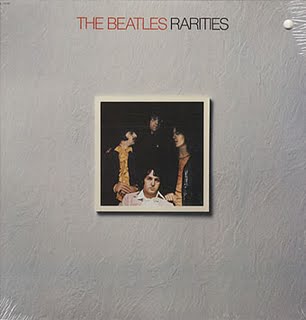 With the popularity of The Beatles Rock Band and the release of re-mastered stereo and mono versions of The Beatles' songs, it's no wonder there's a recurrence of interest in the Fab Four. I've been waiting for years for this to happen.
With the popularity of The Beatles Rock Band and the release of re-mastered stereo and mono versions of The Beatles' songs, it's no wonder there's a recurrence of interest in the Fab Four. I've been waiting for years for this to happen.I was a month away from my eighth birthday when The Beatles conquered America with their appearance on the Ed Sullivan Show in February 1964, and I had a copy -- one of a mere 4 million -- of the single "I Wanna Hold Your Hand." From that moment, I would always be a big Beatles fan.
As I grew older, I collected Beatles singles and albums, both rare and ordinary. And anyone who thinks that by having the new collection of CDs that they have everything, that's far from the truth. There's quite a bit of stuff -- and I'm not talking about bootlegs, but actual EMI/Capitol Records releases -- that have been long out of print.
One example of this is their 1970 album release "The Beatles Again." What, you never heard of The Beatles Again? It wasn't actually released by Capitol, but by Allen Klein, who managed The Beatles for a brief time (and was one of the reasons for the group's breakup). Klein's company was disappointed with Capitol's album release schedule and put together a compilation of all the songs that had never been on a Beatles album in the United States. Just before the record was released, it was retitled "Hey Jude," but it was too late to changed the title on the first pressing of the record. Once Klein was fired, the album fell out of print.
By this time, the band had broken up as well, and the members of the group were more interested in their own solo careers to pay much attention to what EMI was doing with their records.
When their first true greatest hits album was finally released, EMI/Capitol did it in style by putting out two 2-disk sets, one covering the early years through Revolver and the other one covering the later years, starting with Sgt. Pepper's. The most interesting part of the albums was the cover art. The 1962-1966 album shows the photo from the cover of the first British Beatles album from 1962. The 1967-1970 album shows a photo taken in 1969 of the four men standing in the same position on the same balcony of EMI headquarters -- true bookends.
The next "new" Beatles record to come from Capitol was a compilation of Beatles songs performed at the Hollywood Bowl in 1964 and 1965. George Martin, The Beatles' producer, was brought in to clean up the tapes and put the whole thing together like a real Beatles concert, and did a very nice job of capturing the experience of thousands of girls screaming at the top of their lungs. The world, unfortunately, had moved on to disco and the album quickly fell off the charts and was forgotten.
Next came the picture disc. Capitol Records took a gamble on the expensive process of producing disks with the cover of Sgt. Pepper's Lonely Hearts Club Band album on one side and a close-up of the Sgt. Pepper's drum face on the B-side. The gamble paid off and they sold out of every printing. Personally, I have three copies of the album, which sold for $16 apiece at a time when regular albums sold for $5. I opened one of them (so I could look at both sides) and the other two are still unopened to this day. With the success of Sgt. Pepper's picture disk, Capitol tried a few other albums -- releasing the White Album in white vinyl, and the greatest hits albums in red and blue vinyl, respectively. But picture discs were a novelty that soon wore off, and Capitol never produced any more.
Next, Capitol turned to its vaults and started dredging up oddities. They released "Rarities," an album with alternative takes of some songs. In Britain, EMI produced their own "Rarities" record and another called "Casualties," with an alternate set of rare alternate versions of Beatles songs.
With the death of John Lennon in 1980 and the resultant reduction of visibility by the rest of the members of the band for several years, everything was quiet on the Beatles front for many years. Capitol was reduced to repackaging greatest hits albums in various forms, and raised the ire of Beatles fans when, one one such album (20 Greatest Hits), they reduced the song "Hey Jude" to 5 minutes and 30 seconds long from its original 7:11 run time.
It wasn't until 1994 that Beatles activity picked up again. That year Capitol released "Live at the BBC," a compilation of songs The Beatles had performed on the radio in Britain during the years 1963-1965. Of greatest interest were 30 songs they had never released on record before -- those influential cover songs that made them form a band in the first place.
The songs included Roy Orbison's "Dream Baby (How Long Must I Dream)", The Coasters' arrangement of "Bésame Mucho" and Slim Whitman's "Beautiful Dreamer." Think about that for a moment -- The Beatles covered a Slim Whitman song. The album, again, was produced by George Martin.
The most ambitious project was released two years later: the 6-disk set called Anthology, which was packaged in three sections and was part of the release of an 8-DVD set and accompanying book. Anthology was primarily rare tracks and outtakes, many of which already existed on bootleg albums, but were now part of The Beatles' canon for the first time.
The latest greatest hits album to be released was "1" in 2000, a compilation of the 27 songs that had gone to No. 1 in the U.S., Great Britain or both. The overwhelming success of 1 (selling more than 11 million albums in the U.S. alone) and the ensuing success of the Love mash-up album virtually assured the success of this year's Beatles box sets and Rock Band game.




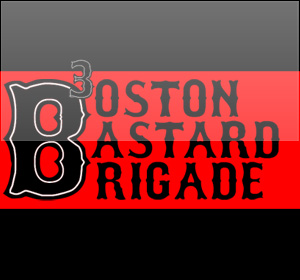
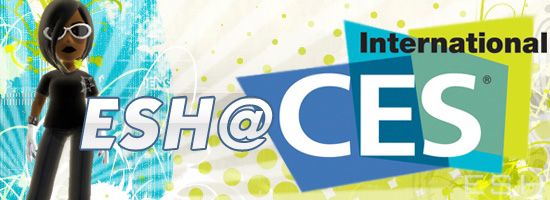

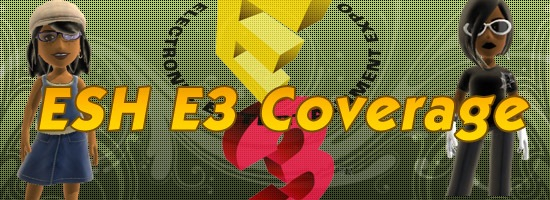

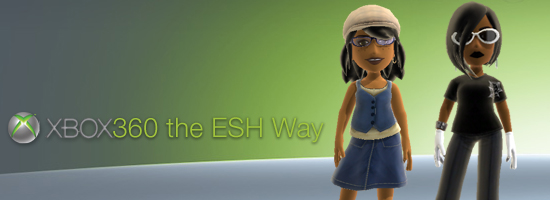

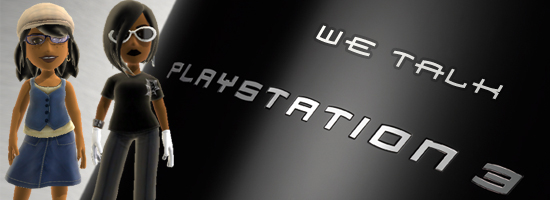

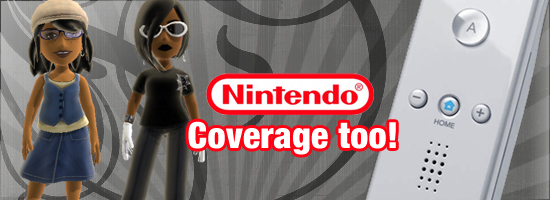

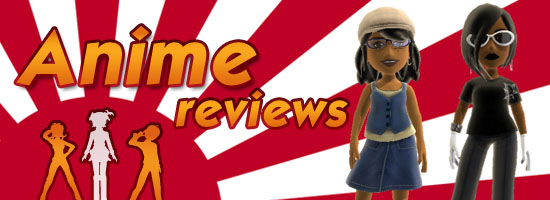



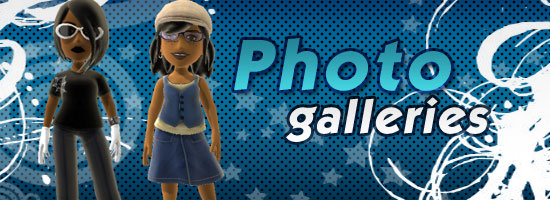






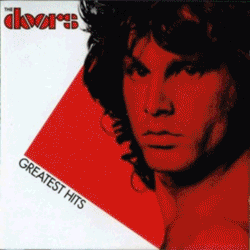 I became incensed earlier today when I read a headline from a music industry analyst that proclaimed that digital downloads have "killed music." Believe me, nothing could be farther from the truth.
I became incensed earlier today when I read a headline from a music industry analyst that proclaimed that digital downloads have "killed music." Believe me, nothing could be farther from the truth.
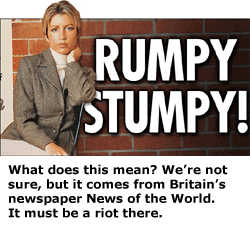 So here's the high point of the story: The Beatle wants to give her $30 million, but the court awards her $50 million for the divorce. What would you call the story?
So here's the high point of the story: The Beatle wants to give her $30 million, but the court awards her $50 million for the divorce. What would you call the story?